Have you heard about the gut skin connection?
Everyone wants to have glowing and flawless skin. So why is it that some of us seem to be blessed with healthy skin while others have chronic skin disorders?
Switching from one skin care regime to another, trying different creams, soaps, pills and lotions in hope of finding the miracle one, it seems to be a common scenario.
The answer most likely doesn’t lie in your skin care regime, but in a completely different location… your gut! This might sound like a strange part of the body to be held accountable for skin disorders, but in most cases it is the missing piece of the puzzle.
The Gut-Skin Connection
Research has found that not only does our gut microbiome affect our body fat and mental health state, but also our skin. This gut-skin connection is important to understand, as it is the underlying root cause for many skin conditions.
The gut digests the food we eat, absorbs nutrients, produces gastric fluids, excretes waste and also contains the gut microbiota. Bacteria, yeasts, fungi and viruses are organisms that make up the gut microbiota.
The bacteria in our gut play a critical role in the health of our body and have a huge influence on the health of our skin. There is a delicate balance between harmful and beneficial bacteria in the gut, when this balance is disrupted it can cause problems in the digestive tract, such as inhibition of uptake of nutrients and improper excretion of waste.
When the body does not receive enough nutrients from the food you eat, it prioritises the essential organs that need the nutrients the most, such as the brain, liver and heart. Your skin, along with your hair and nails are less vital and are the first to lose out on nutrients that are scarce.
Inflammation
Acne, psoriasis, rosacea and eczema, could these be your skins warning signs that something’s not quite right on the inside?
Doctors correlate acne and other skin conditions as inflammatory disorders of the immune system. If there is inflammation that originates elsewhere in the body, the signs can be first seen on the skin. Often common skin conditions are red flags pointing to imbalances inside the body. We are in fact quite lucky that we can check our skin health daily, using it as an indicator for internal imbalances.
Our gut is where seventy percent of the immune system resides, meaning that the gut is the starting place for inflammation in the body. The association between the food we eat and inflammation in our body is shown time and time again. What we eat really does have a huge impact on the way our body functions. If we don’t eat healthy, it causes an imbalance of the gut microbiome, which in turn means the immune system is compromised and not able to fight off infections. In these scenarios the body becomes more susceptible to inflammation, and for some of us our skin becomes a victim of this inflammation.
Contrary to popular belief, not everything we eat is necessarily absorbed. If the gut is functioning efficiently with a good balance of the gut microbiota and an intact gut lining, the nutrients are able to be absorbed efficiently and be used for bodily functions. Having good gut function and a healthy microbiome is therefore fundamental in slowing down the skin aging process and keeping skin healthier for longer.
After all, our skin is our largest and very-much functioning organ. So how do we take care of this organ you ask?
Taking steps towards having a healthy gut by eating certain super-foods could be the answer to revitalising your skin.
Although it is important to note that not ALL acne or skin disorders are caused by your gut bacteria, however any imbalances in the gut flora could be a likely reason for it.
Now let us take a look at the followings foods that could be the key to revitalising your skin.
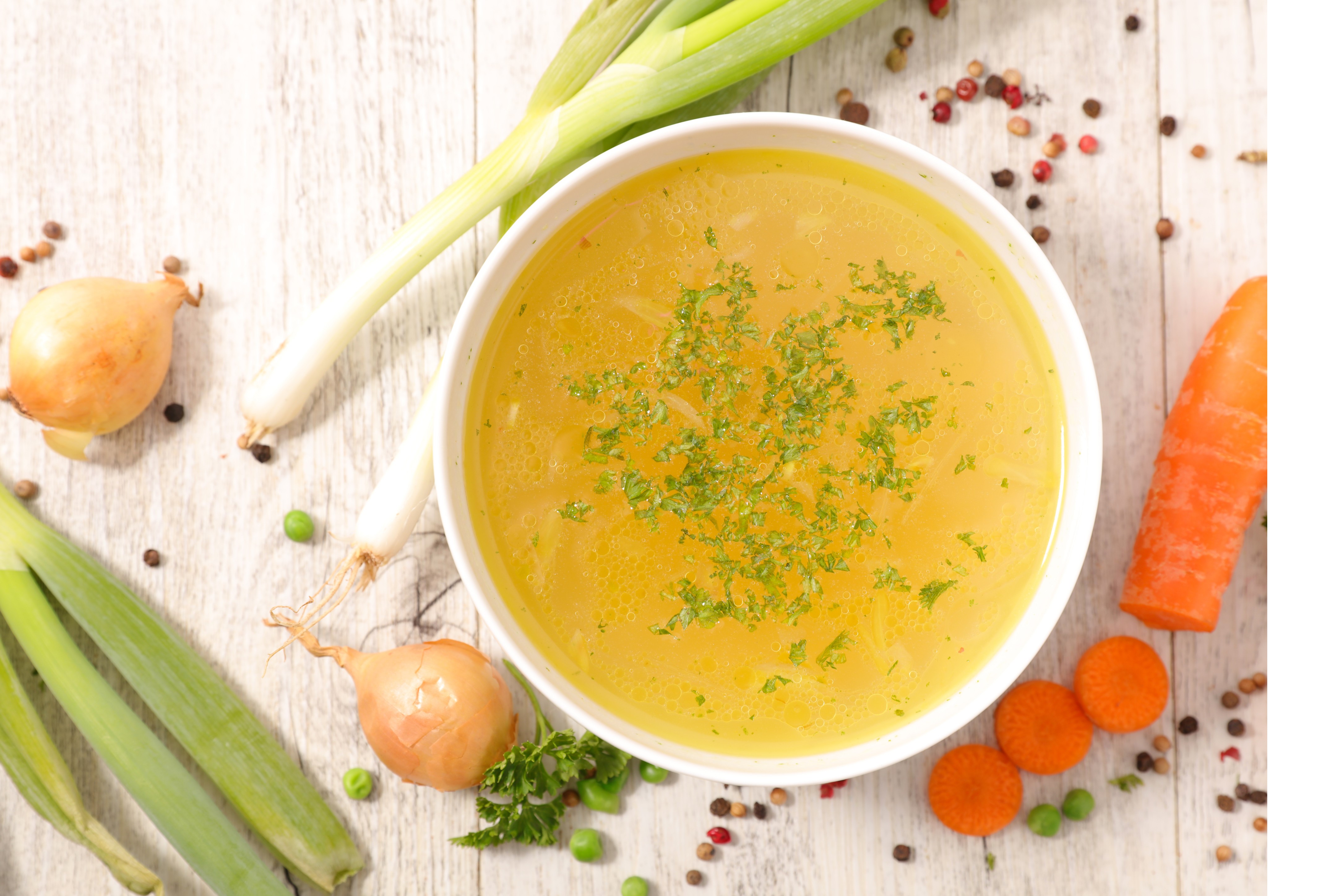
Bone Broth
This ancient healing food is a great form of high quality collagen; a protein that provides firmness and elasticity to the skin, and aids in smoothing out wrinkles.
Essentially bone broth can be made with beef, chicken, lamb, fish or other animal bones. It is made by steeping the bones of animals in a soup.
Bone broth not only contains collagen, it is also filled with nutrients needed to repair a damaged gut. Some of the unique nutrients in bone broth are hard to come by in other foods. These nutrients include glutamine – an important amino acid that aids the gut as well as the immune system in times of stress. Glycine is another amino acid needed to build tissues. For these reasons bone broth is great for healthy digestion, for healing the gut and supporting skin health.
Fermented Foods
Sauerkraut, kombucha, coconut kefir, kimchi and tempeh, these foods are an optimal way to provide your body with beneficial probiotics for a healthy gut. Fermented foods help balance blood sugar levels, preventing acne outbreaks. They reduce oxidative stress and inflammation in the body.
Taking a probiotic can also be beneficial in influencing the balance of good bacteria in the gut, but fermented foods actually help your body to absorb nutrients more efficiently.
A primary step in healing your skin is to make sure your body is receiving enough nutrients. If you are battling with a leaky gut (where you may not not be absorbing the nutrients from the food you eat), adding bone broth and fermented foods to your diet could do you wonders in healing the gut lining.

Oily Fish
Omega 3 fatty acids – DHA and EPA – are essential fatty acids found in oily fish. These aid your body in producing anti-inflammatory compounds, especially useful for inflammatory skin conditions such as psoriasis and eczema.
Salmon, sardines and anchovies are all great forms of oily fish. In particular fresh salmon which also contains CoQ10 and antioxidants that protect skin cells from oxidation or premature ageing. Cod liver oil is another great source of omega 3 fats, as well as vitamins A, D and K2 which help in healing the skin.
Liver
A natural multivitamin, it has all the skin nutrients you need such as vitamins A, D, E and K, needed for healthy skin. Vitamins A and E in particular are important antioxidants that protect cells from aging prematurely and from oxidative damage. Liver contains adequate levels of zinc, a mineral which helps to regulate the oil production of your skin. Liver is one of the top bioavailable nutrient-dense foods you will find.
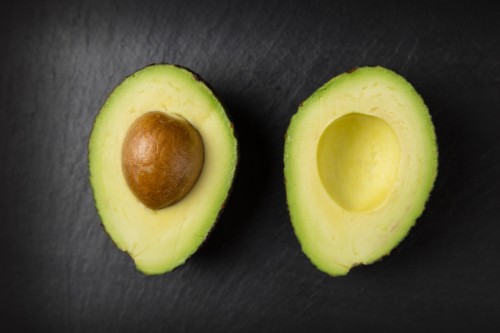
Healthy Fats
These include avocados which help keep your skin flexible and moisturized and fight the effects of aging. Coconut oil, hailed for its numerous benefits is an essential fat to help heal the gut lining and helps develop healthy skin cells. This oil also has natural antimicrobial benefits. Extra virgin olive oil is another great one, due to its anti aging and antioxidant properties.
Nuts and seeds are great options to eat your way to healthy skin. Sunflower seeds are rich in vitamin E, this protects the oils in the skin from free-radical damage and keeps moisture in the skin. Walnuts contain zinc as well as a good dose of Omega 3s and 6s compared to other nuts, so are a great alternative to oily fish for vegans.
Sweet Potato
Beta-carotene found in sweet potatoes can be converted into vitamin A. Vitamin A is then used by the body to help keep the skin healthy by protecting it from sun exposure. Beta-carotene may also add a warm, healthy orange glow to your skin.
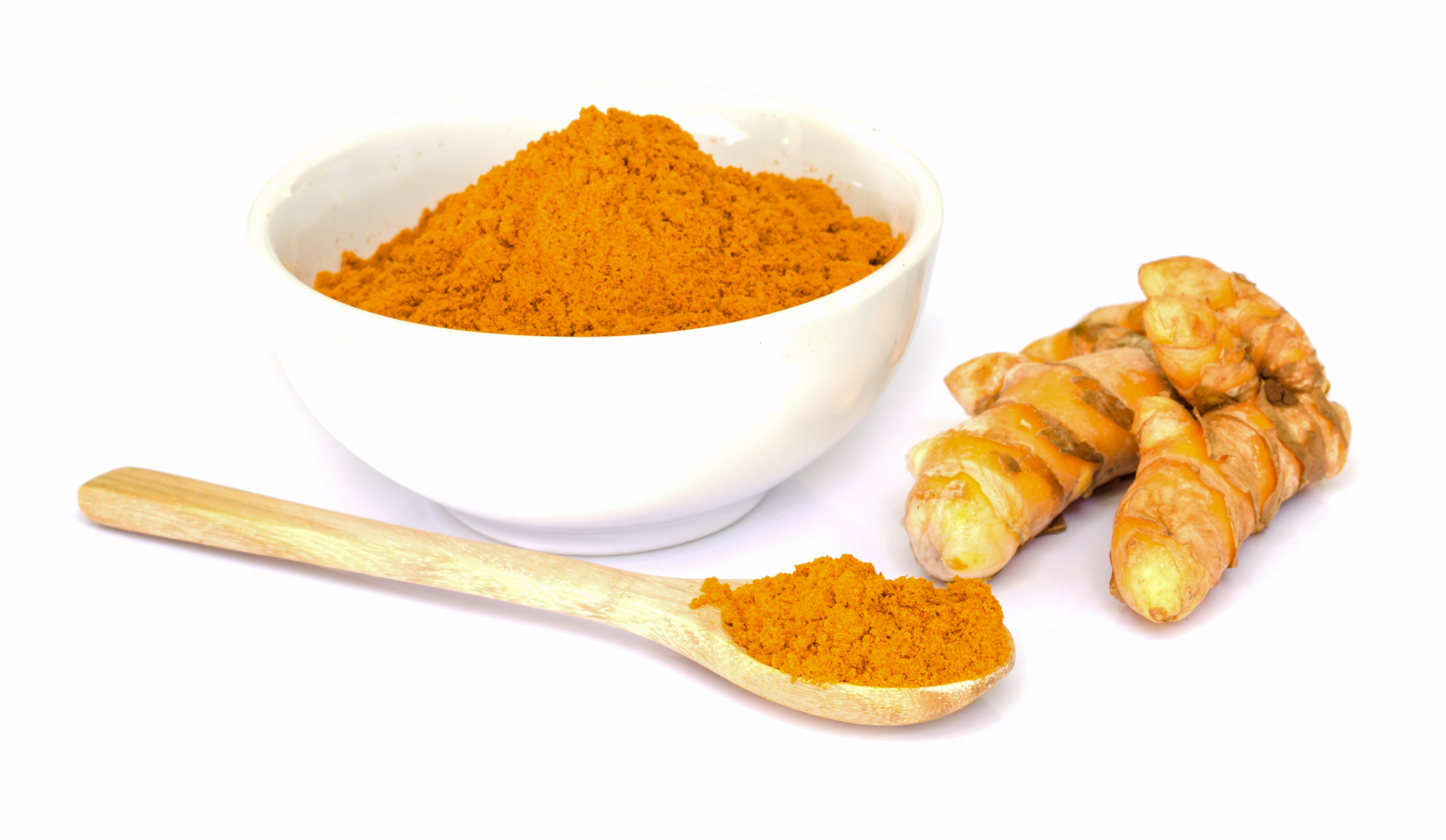
Turmeric
An anti-inflammatory, antibacterial and antioxidant. The active compound in turmeric is curcumin, a powerful antioxidant which boosts the activity levels of glutathione, an antioxidant enzyme used by the body. In this way glutathione is capable of preventing damage to the cells and protect the skin.
Tumeric is a Spice that Supports Your Body’s Astonishing Immune System and antioxidant.
Egg Yolks
These beauties can protect your skin from UV exposure since they contain lutein and zeaxanthin; fat-soluble antioxidants that help protect you from free radical damage. Due to their high sulphur content, egg yolks help boost natural collagen levels allowing your skin to look younger. Egg yolks also contain anti-inflammatory fatty acids and Vitamin D, stimulating collagen synthesis to improve the skin’s health. Make sure they’re free range eggs so you get all the goodness from eggs!
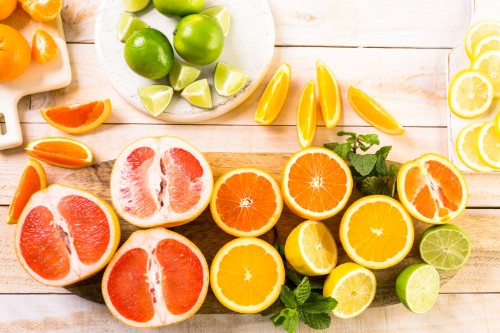
Vitamin C
A vital molecule for our skin as it prevents signs of premature aging. Vitamin C has antioxidant properties and plays an important role in collagen synthesis, it also helps limit and treat UV damage.
Aging causes a decline in vitamin C content of the skin so it is important to increase intake as we get older. A deficiency in vitamin C is rare these days but if you are experiencing dry, scaly or rough skin it could be good to take an extra dose of vitamin C. Guavas, kiwifruit and blackcurrant are some of the fruits with the highest levels of vitamin C. Camu Camu and Kakadu Plum are also another great source.
Leafy Greens
These are important for radiant, clear skin as they contain high levels of antioxidants, especially the dark leafy greens like kale or spinach. Leafy greens also have magnesium, chlorophyll and B vitamins, helping the liver through the detox process as well as hormone functioning. A great tool to help improve the gut skin connection.
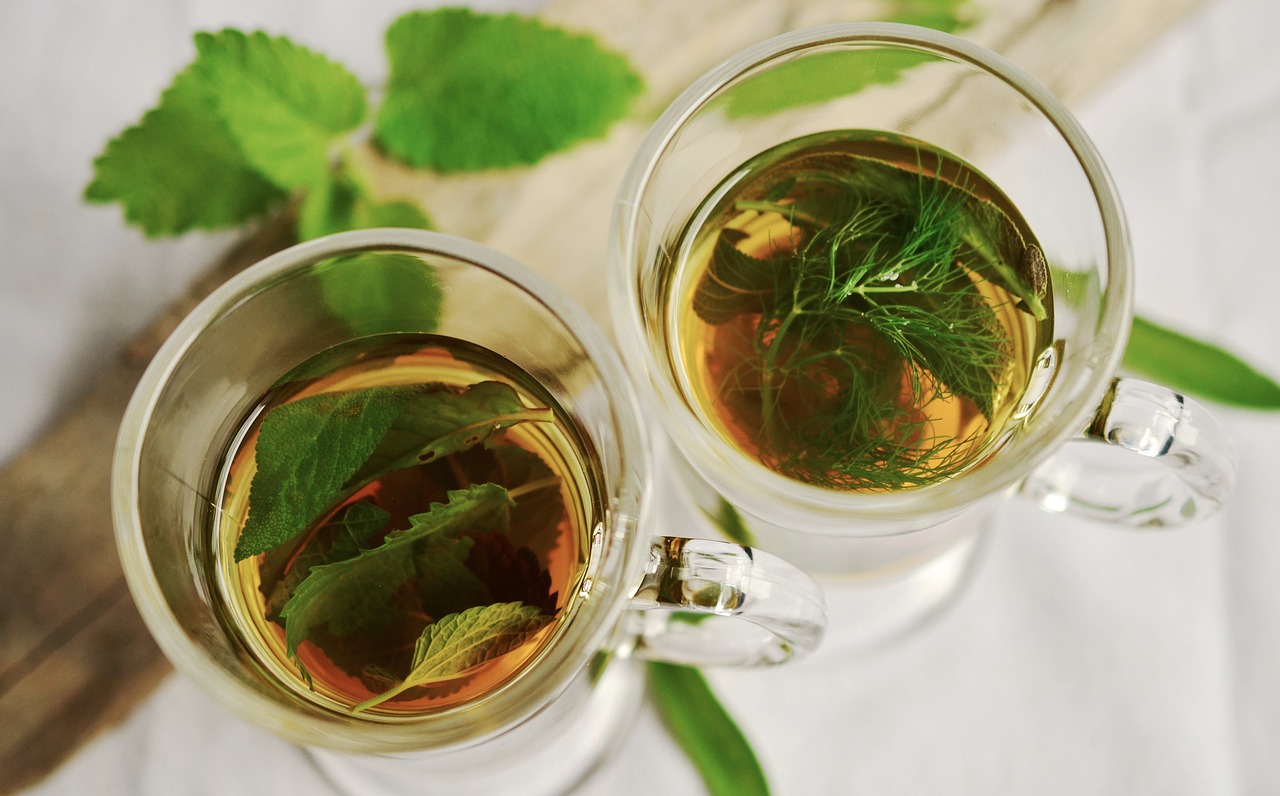
Tea
Milk thistle, dandelion, nettle are only some examples of teas with various properties which support the body to detoxify and eliminate inflammation. Chamomile for example is great for calming the skin from inflammation and eliminating acne scars. Green tea contains a potent antioxidant called EGCG (Epigallocatechin Gallate) that helps slow the breakdown of collagen and improve the regeneration of skin cells. Whereas Matcha green tea is a powerhouse antioxidant containing ten times more antioxidants than green tea.
These foods listed support various organs and internal processes such as the gut, liver, hormones and blood sugar balance, all which play an important role in influencing the health of your skin.
Drinking plenty of water during the day and a diet high in fibre is important for proper removal of waste. These are pivotal factors that will make a difference to your health and revitalising your skin.
It is easy to take skin for granted. Like every part of our body, skin needs care not just from the outside but also from within. What we put on our skin is just as important as what we put in our bodies. That is why addressing the root cause – the gut – is crucial in healing skin conditions, having glowing, flawless skin and improving the gut skin connection.



Thanks…great article. I’d love advice on health care product substitutes. What do you use for face moisturising, tooth care, soap, etc? I’d love a link to any articles you have written about this too please.
A great Australian company is Honestly Natural – have a look!